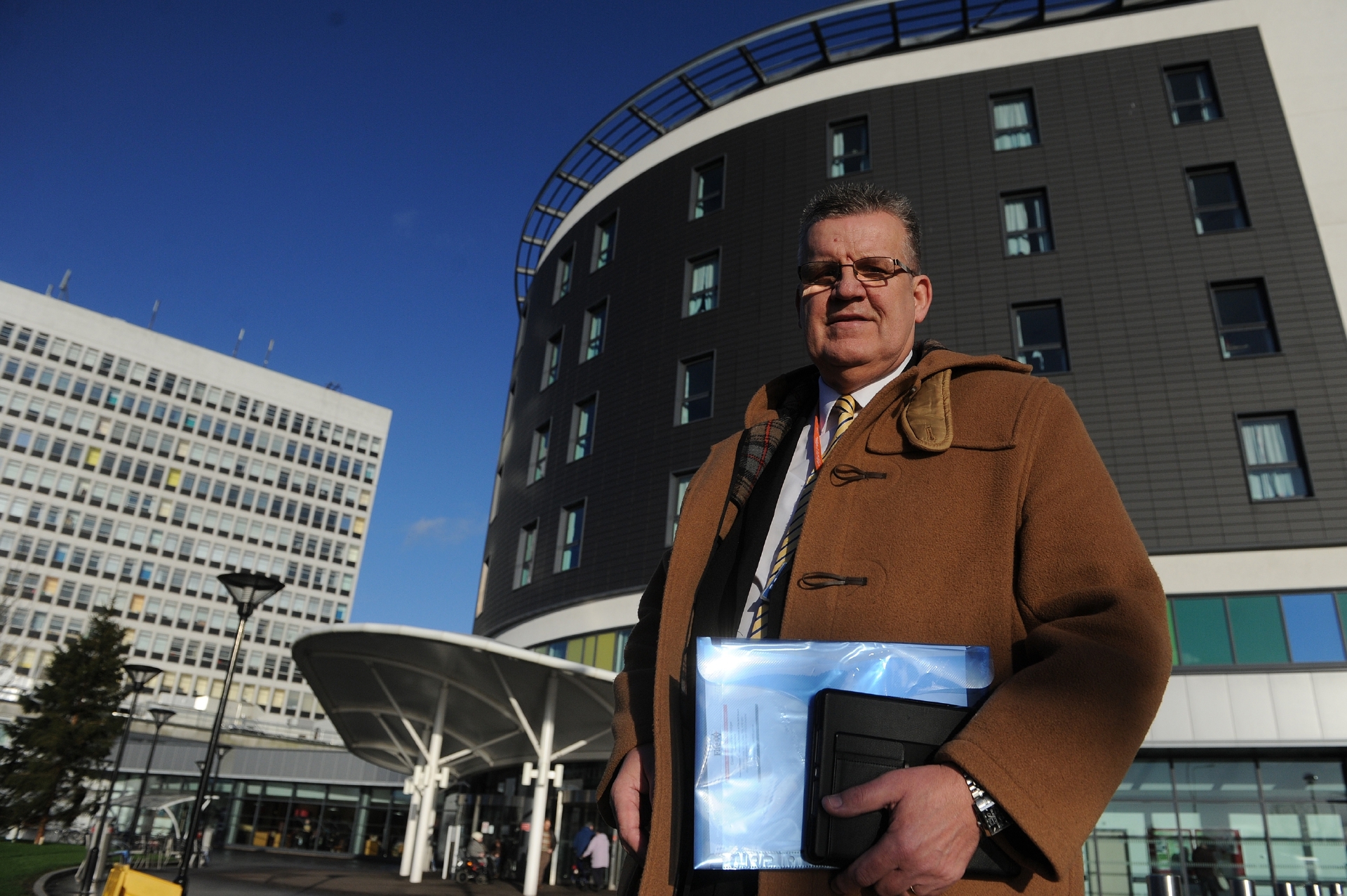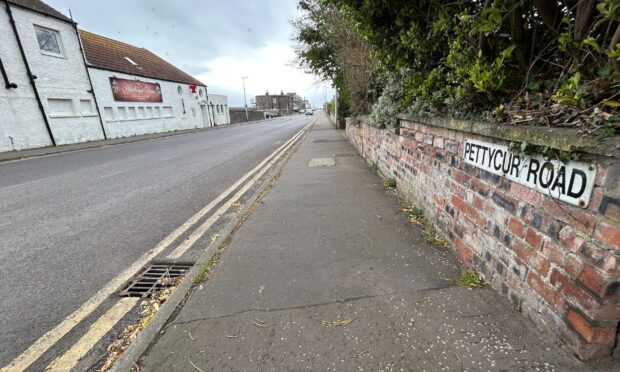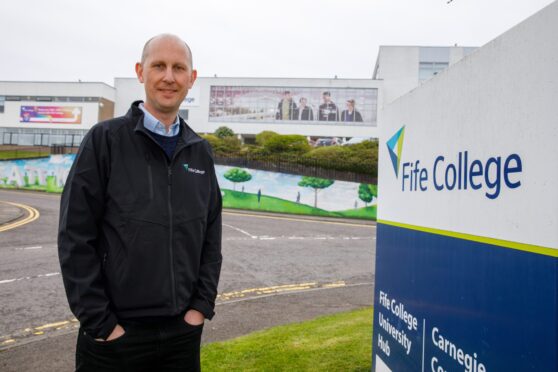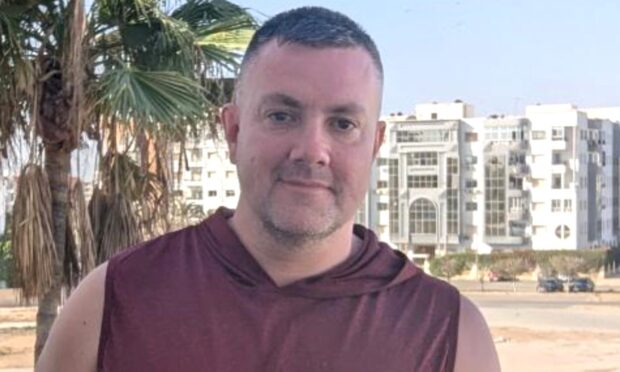More specialist nurses should be used across Scotland to combat a looming GP crisis.
Fife Council’s health and social care integration lead said the recruitment of advanced nurse practitioners (ANPs) could take the strain off under-pressure family doctors while addressing a GP shortage.
Councillor Andrew Rodger said new models of patient care must be introduced in the primary care sector to meet changing needs and demands.
“The current shortage of GPs is threatening the future of family doctor services,” he said.
“The crisis in GP recruitment provides an opportunity for solutions that shift routine care to other professionals, freeing up GP time.
“One way to address the shortfall is to recruit advanced nurse practitioners.”
Mr Rodger said it would offer a “robust solution”.
An advanced practice nurse is a registered nurse with specialist knowledge and skills who can take on a number of duties traditionally performed by doctors, including taking medical histories, performing examinations, analysing test results and diagnosing illnesses.
They can also make referrals to specialist services and prescribe medicines.
The Scottish Government has pledged to train an additional 500 ANPs by 2021 but Mr Rodger believes that is only half the number required.
“One in four practices in Scotland has at least one GP vacancy,” he said.
“Training ANPs is cost effective when compared with the use of GPs and so represents a good use of the public’s money.
“This is for the benefit of patients and the health service as a whole.”
The Scottish Government is investing £27 million to attract talent into the healthcare profession, £3m of which will go towards training 500 ANPs.
They said this would bolster the skills of the profession and allow nurses to maximise their role in integrated health care.
Announcing the move last year, First Minister Nicola Sturgeon said: “Advanced nurse practitioners are hugely important.
“They already work closely with GPs, district nurses and other healthcare professionals.
“They potentially have an even bigger role to play in assessing, treating and diagnosing people in the community – during the day and out of hours.
“By doing so, they can help to provide better primary care for individuals and tackle delayed discharge rates.”










